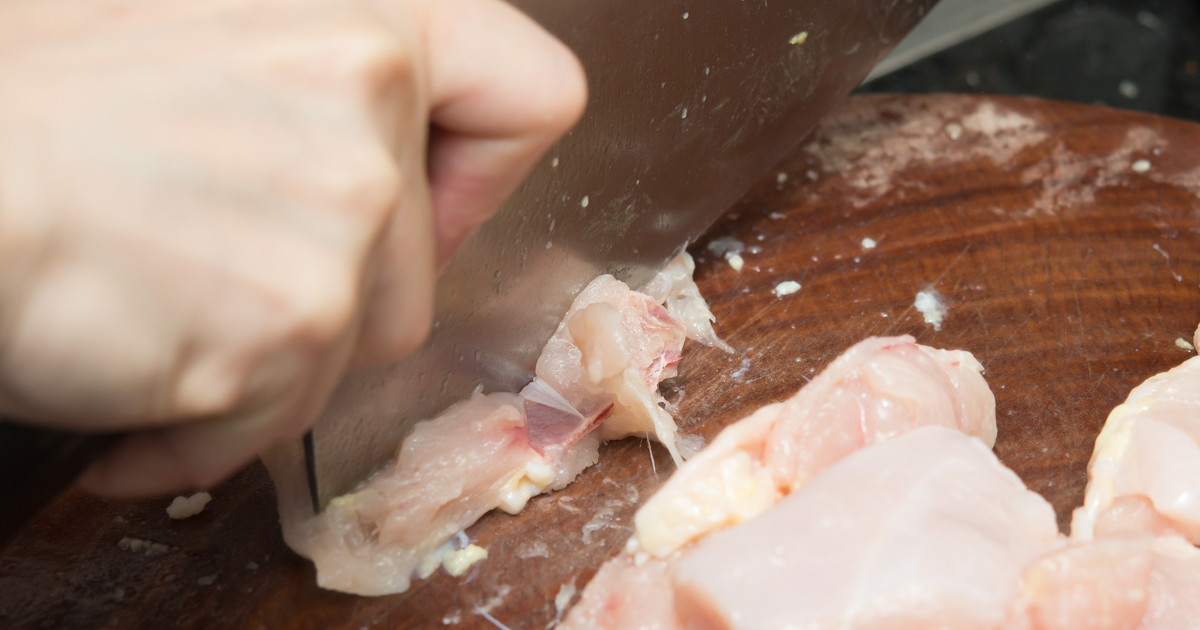Reasons Why Handwashing Is Important
Although handwashing only takes a few seconds, it is a vital practice. Proper handwashing starts with individuals wetting their hands with warm water and then adding some soap. Next, they need to rub their hands together with the soap for twenty seconds. This must include the backs of their hands, the areas underneath their fingernails, and between their fingers. After this, individuals can rinse their hands and dry them with a clean towel.
It is vital for individuals to practice this proper handwashing technique. Doing so helps in many ways. Reports indicate that proper handwashing is an effective treatment for the common cold. In fact, it can even prevent the common cold. Some individuals may want antibacterial hand wash liquid for their bathroom. There is also hand wash for sensitive skin, as well as quality hand sanitizers. Of course, everyone should also understand why handwashing is so important.
Prevent Spreading Illnesses to Others

Of course, handwashing is crucial to prevent spreading illnesses to others. Proper handwashing can remove the germs that cause respiratory illnesses and many different infections. Individuals can pick up germs by touching contaminated surfaces, especially those in public areas that are touched frequently.
If an individual is sick, they must wash their hands after sneezing, coughing, blowing their nose, or using tissues. They must also remember to wash their hands before and after handling any used tissues or other items they touched while sick, including masks, medical gloves, and medicine containers. In addition, individuals need to wash their hands before and after changing bandages or touching wounds. Doctors and healthcare personnel should always wash their hands before seeing each patient.
Prevent Food Contamination

Handwashing helps prevent food contamination. Germs that cause diarrhea, hepatitis A, colds, and the flu can all be transferred to food if proper handwashing is not practiced. Transferring bacteria from food to food, such as raw chicken to vegetables, is also an issue that handwashing can prevent. When preparing food at home, individuals should always wash their hands thoroughly for at least twenty seconds before handling any food items, as well as when they switch to something different. A key example is washing after handling raw meat but before fruits or vegetables. This can help individuals avoid cross-contamination.
In addition, it can help if individuals wash their hands immediately after returning from the grocery store, as well as immediately before eating. Individuals should wash their hands before handling meat when they are cooking at home. Individuals should wash their hands after eating too, and restaurant workers must wash their hands before they return to their workstations after breaks.
